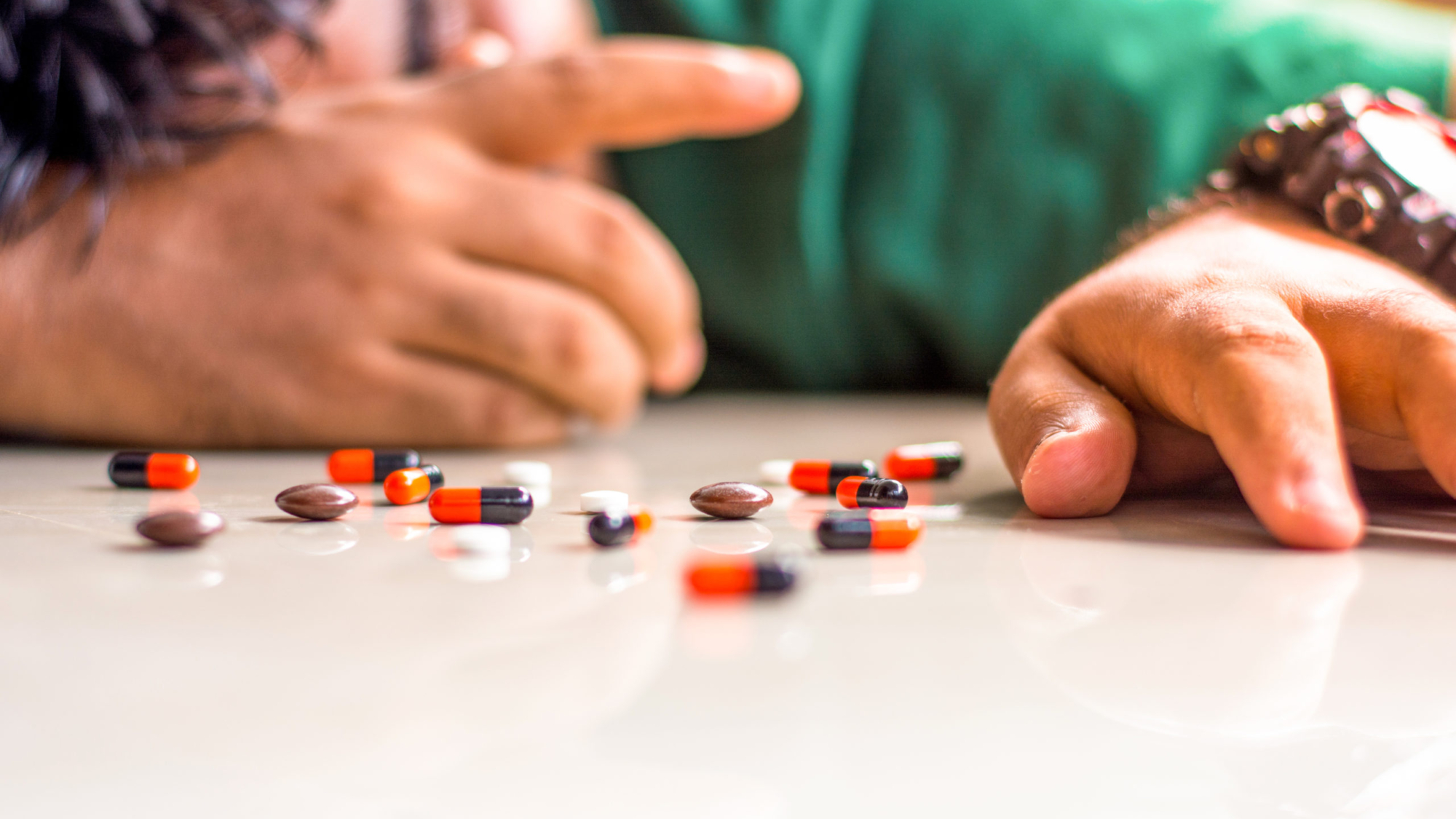Prescription drug abuse among teens is surprisingly high. It is commonly used because it can be so easily obtained by teens. Most teens who abuse them report getting them free from family members or friends. According to a poll, 27% of teens between 12 and 19 years of age had reported using prescription drugs within the last 30 days. Abusing or misusing prescription drugs means that the individual is taking the medication that is not prescribed to them or using it inconsistent with how it is prescribed.
Which Prescription Drugs are Abused?
There are three types of prescription drugs that are very commonly misused. The misuse of these drugs is a concern because it can lead to addiction and even death due to overdose. These drugs are known as:
- Opioids – These medications are usually prescribed to treat severe pain. These include oxycodone, hydrocodone, diphenoxylate, morphine, codeine, fentanyl, propoxyphene, hydromorphone, meperidine, and methadone.
- Depressants – These medications are usually prescribed to treat anxiety and help people sleep. There are three types of medications within this category, including barbiturates, benzodiazepines, and sleep medications.
- Stimulants – These medications are usually prescribed to treat attention deficit hyperactivity disorder (ADHD). These include dextroamphetamine, dexmethylphenidate/amphetamine combination, and dexmethylphenidate.
What are the Signs of Prescription Drug Abuse?
Sudden changes in behavior without a clear explanation for the change are often an indication that substance use may be an issue. Here are some signs to look out for:
- Frequently changing friends, especially when you don’t know the friends and disapprove of them.
- Decreased participation in activities that they used to enjoy or withdrawing from others. This can include quitting sports teams or clubs they used to enjoy, staying in their bedrooms more often, not talking to family members, not going out on outings with family members, and more.
- Breaking the rules, such as curfew, and coming up with fabricated explanations for this behavior.
- Unusual aggressive outbursts. It may feel like walking on eggshells around them because they are unusually irritable.
- Confronting them about possible substance use is met with an angry reaction.
- Their grades start to slip noticeably, and they start skipping class or entire schooldays.
- Mood swings
- Bloodshot eyes, dilated pupils, or pinpoint pupils.
- A general lack of motivation affecting their school behavior, hygiene, and household chores.
- Uncharacteristic behavior, such as stealing, lying, or disrespecting authority figures.
How to Treat Prescription Drug Addiction
There are recommended phases of treatment that you will go through when starting on your recovery journey:
- Detoxification: The first step for drug treatment, even prescription drugs, is always detoxification. The withdrawals can be very uncomfortable and sometimes dangerous, so completing detoxification under 24-hour medical supervision is recommended.
- Complete intake and treatment plan: Once you complete detox, you will start your addiction treatment. This can include individual therapy, group therapy, support groups, peer recovery coaching, medication management, and more. This treatment can take place on an inpatient or residential program, which is the highest level of care, or on an outpatient basis through partial hospitalization, intensive outpatient, or an outpatient program.
- Resocialize into society: Once you complete treatment, you will have the skills to resocialize into society and be able to manage substance triggers that are likely to come up. Often, this may include staying at a sober living home, such as The Last House.
Prescription Drug Abuse Treatment in Los Angeles, CA
The Last House has been around for over ten years to help men strive to achieve sobriety in their life. We offer a supportive environment with skilled staff whose passion is to help those with addiction concerns and services that promote building skills to maintain a sober lifestyle. Our program includes groups, therapy, accountability, and exploring sober activities. When you leave The Last House, you will leave with long-lasting connections and the skills you need to continue your sobriety long-term. The Last House is connected with Thrive Treatment to be easily in contact with quality treatment teams to ensure the care you are getting is consistent. Contact us today to learn more about our program and how we can help you.


Leave Your Comment